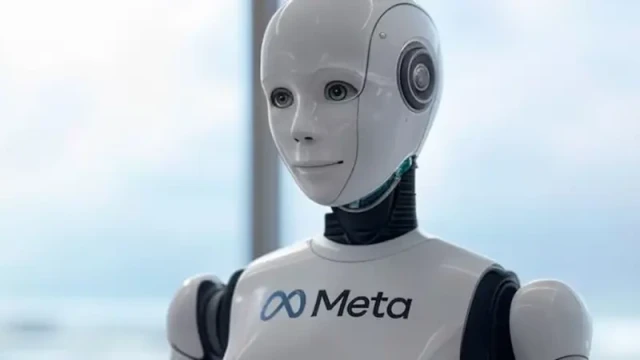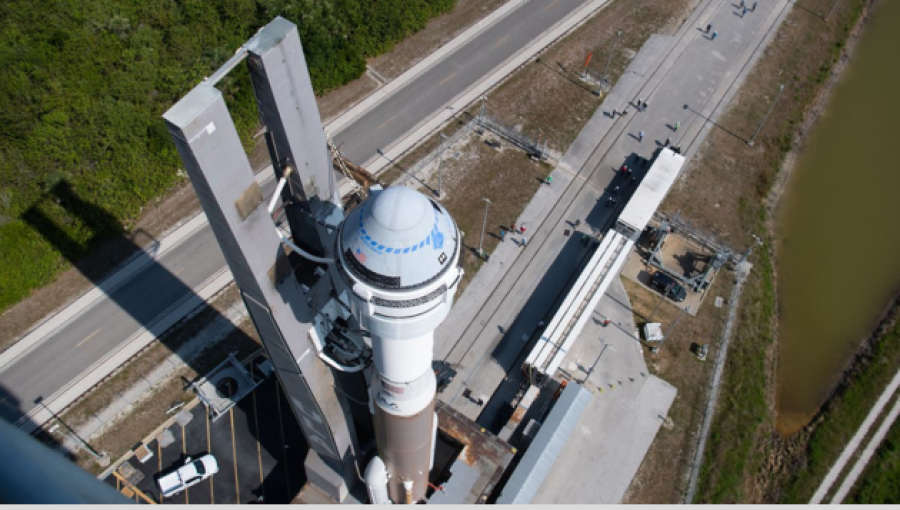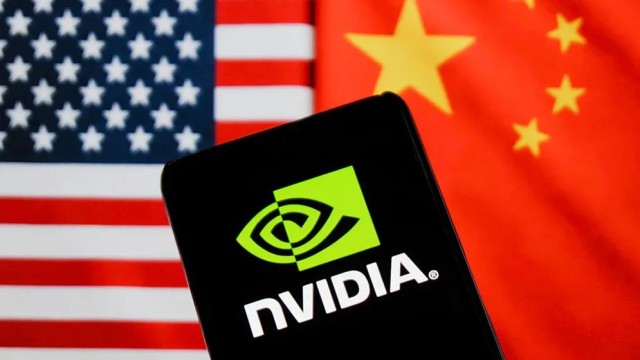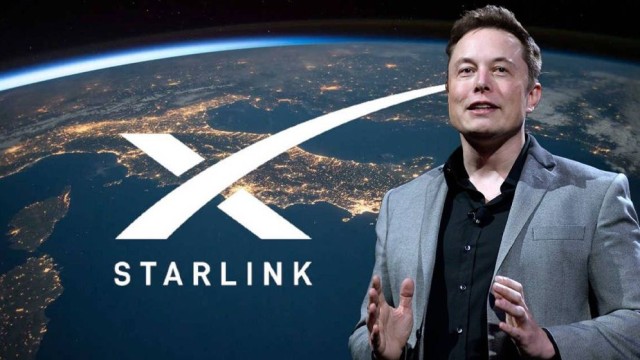Feb 19, 2025 (V7N) – Facebook's parent company, Meta, is making a significant push into the world of artificial intelligence (AI) by investing in the development of humanoid robots capable of performing various manual labor tasks. According to an internal memo shared with Reuters, Meta is establishing a new division within its Reality Labs unit dedicated to this innovative project.
The new robotics initiative aims to position Meta against key competitors in the robotics sector, including Nvidia and Tesla. Nvidia has already unveiled its humanoid robots, known as 'Figure AI,' while Tesla is developing its own version, called 'Optimus.'
Andrew Bosworth, Meta’s Chief Technology Officer, noted in the memo that the robotics product group will focus on the research and development of consumer humanoid robots, aiming to leverage the capabilities of the Llama platform—Meta's primary AI foundation model series that supports its growing array of generative AI products across social media. By expanding into humanoid robotics, Meta seeks to enhance the value of its AI and mixed reality programs.
Mark Whitten, previously CEO of self-driving car company Cruise, will lead the new group as Vice President of Robotics. In a related move, Meta has also hired John Corail as Vice President of Retail. Corail, formerly CEO of the second-hand e-commerce platform The RealReal, will spearhead direct-to-consumer sales and the marketing of AI wearables, including Meta's Quest mixed reality headset and Ray-Ban Meta smart glasses, a collaboration with eyewear manufacturer Essilor Luxottica.
Meta's venture into robotics coincides with other notable developments in the field. Renowned computer scientist Fei-Fei Li recently launched the 'spatial intelligence' startup World Labs to participate in the competition to build advanced robots. Tesla's Elon Musk has also touted the potential of the 'Optimus' robot to assist with daily tasks, with plans to sell it to consumers in the future.
The urgency to develop AI-powered humanoid robots is further highlighted by recent funding rounds in the industry. Robotics company Aptronic recently raised $350 million, with investments from major players like Google. These funds will be used to develop AI-powered robots for use in warehouses and manufacturing facilities.
Meta's ambitious plans include building its own humanoid robot hardware, initially targeting household tasks, with future developments focusing on AI, sensors, and software that can operate robots from various manufacturers. The company is already in discussions with robotics firms Unitry Robotics and Figure AI but is taking a measured approach to entering the market.
This announcement signifies a substantial investment in Meta’s Reality Labs, a unit that has faced significant financial losses, reporting nearly $5 billion in losses in the fourth quarter of the previous year. Despite the challenges, Meta continues to explore avenues for innovation in AI and robotics.
As the tech landscape rapidly evolves, companies and startups are pouring billions into the development of AI-powered devices for both manufacturing and household applications. However, progress in robotics has been gradual, as language-based AI has not yet effectively translated into advancements in robots’ physical interactions with the world.
Meta has been investing in “embedded AI” research for years, aiming to create AI assistants that can perceive and navigate the three-dimensional environment. Chief AI scientist Yann LeCun has emphasized the limitations of current language models and the necessity for new models that can better comprehend the physical world, underscoring the potential impact of Meta’s new robotics initiative.
END/RH/AJ































Comment: